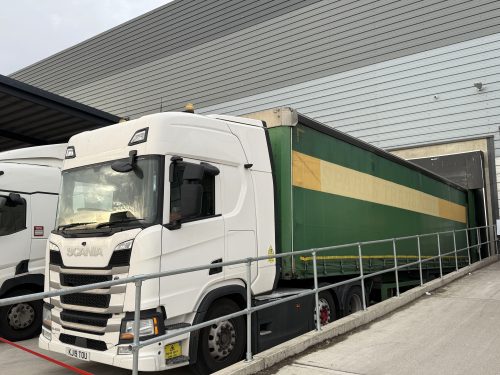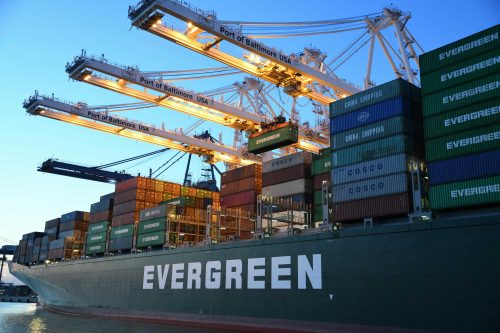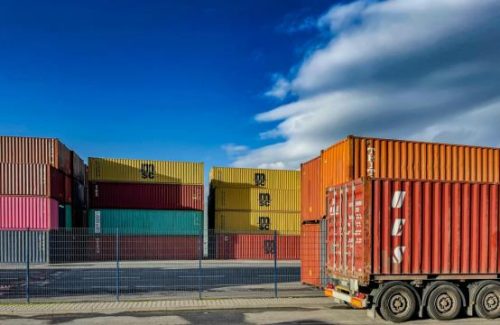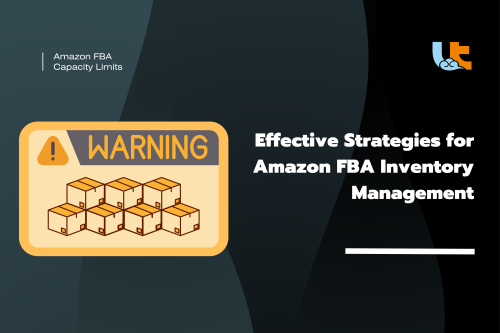
Supply chain consultants are pivotal in the world of business, ensuring smooth operations from procurement to the final consumer. They analyse, strategize and optimize, bringing efficiency, cost reduction and enhanced customer service. In the ever-evolving landscape of global trade, they drive progress and mitigate risks.
what is supply chain consultant?
A supply chain consultant is a professional who provides expert advice to businesses on how to optimize their supply chain operations. This can involve various aspects of the supply chain, including procurement, manufacturing, warehousing, distribution, and transportation.
Supply chain consultants analyze a company's existing processes, identify inefficiencies, and formulate strategies to improve operations, reduce costs, and enhance customer service. They may also help with the implementation of new technologies or systems, risk management, and compliance with regulations. Their goal is to ensure that goods and services move efficiently from the point of origin to the end consumer.
What is a supply chain?
A supply chain is a network between a company and its suppliers to produce and distribute a specific product or service to the final customer. This network includes different activities, people, entities, information, and resources. The supply chain also represents the steps it takes to get the product or service from its original state to the customer.
Popular Job Titles For Supply Chain Consultants
- Supply Chain Consultant
- Supply Chain Analyst
- Supply Chain Manager
- Operations Consultant
- Logistics Consultant
- Inventory Management Consultant
- Procurement Consultant
- Distribution Consultant
- Supply Chain Project Manager
- Strategic Sourcing Consultant
Best Industries for Supply Chain Consultants
- Manufacturing
- Retail
- Logistics and Transportation
- Technology
- Pharmaceuticals
- Food and Beverage
- Automotive
- Aerospace and Defense
- Oil and Gas
- Healthcare
All Common Skills Sought By Employers of Supply Chain Consultants
1. Analytical Skills: Ability to analyze data and use it to make informed decisions.
2. Problem-Solving Skills: Ability to identify and resolve issues efficiently.
3. Knowledge of Supply Chain Management Software: Familiarity with tools like SAP, Oracle, etc.
4. Project Management Skills: Ability to plan, execute, and oversee projects.
5. Communication Skills: Ability to effectively communicate with various stakeholders.
6. Strategic Planning: Ability to develop and implement effective strategies.
7. Knowledge of Supply Chain Processes: Understanding of procurement, production, inventory management, distribution, etc.
8. Financial Acumen: Understanding of cost analysis, budgeting, and financial planning.
9. Negotiation Skills: Ability to negotiate contracts and deals effectively.
10. Leadership Skills: Ability to lead teams and manage resources effectively.
How To Become a Supply Chain Consultant
1. Education: A bachelor's degree in fields such as business administration, logistics, supply chain management, or operations management sets the foundation for understanding the complexities of managing a supply chain. Courses in these programs often cover topics like inventory management, operations management, logistics, procurement, and supply chain analytics. Some positions may require a master's degree in a related field, like an MBA with a concentration in supply chain management, which provides a deeper understanding of strategic management and advanced supply chain concepts.
2. Gain Experience: Practical experience is crucial in supply chain management. Starting in roles such as procurement officer, logistics analyst, or operations manager can provide hands-on experience with the daily operations of a supply chain. This experience can provide insights into the challenges and opportunities within supply chain processes, and how to effectively manage them.
3. Develop Key Skills: Supply chain consultants need a variety of skills. Analytical skills are necessary for understanding complex systems and making data-driven decisions. Problem-solving skills help in identifying issues and developing effective solutions. Knowledge of supply chain management software, such as SAP or Oracle, is crucial for modern supply chain operations. Project management skills are necessary for overseeing projects and ensuring they are completed on time and within budget. Communication skills are also vital for effectively conveying information and collaborating with different stakeholders.
4. Get Certified: Certifications from recognized bodies like APICS, ISM, or CSCMP can further enhance your credibility in the field. These certifications often require passing exams that cover a wide range of supply chain topics. They not only demonstrate your knowledge and skills to potential employers but also show your commitment to professional development.
5. Network: Networking can open up opportunities and provide valuable insights. Joining professional organizations provides access to resources and a community of professionals who can share their experiences and advice. Attending industry events can keep you updated with the latest trends and innovations in supply chain management, and provide opportunities to meet and connect with other professionals in the field.
Importance of Supply Chain Consultant in the Logistics Industry
The impact of supply chain consultants on the logistics industry is significant and multifaceted. They can drive efficiency, reduce costs, and help businesses navigate the complexities of global trade.
For example, a supply chain consultant might help a retail company streamline its inventory management processes. By implementing a just-in-time inventory system, the consultant could help the company reduce the amount of money tied up in unsold goods, thereby improving its cash flow and reducing storage costs.
Supply chain consultant also can help a manufacturing company mitigate risks by diversifying its supplier base. If the company was previously relying on a single supplier for a critical component, the consultant might suggest sourcing the component from multiple suppliers to reduce the risk of a supply disruption.
In the area of logistics specifically, a supply chain consultant could help a company optimize its distribution network. For example, they could use sophisticated modeling tools to determine the optimal locations for warehouses and distribution centers to minimize transportation costs and delivery times.
Furthermore, in the era of e-commerce, supply chain consultants are playing a crucial role in helping companies manage the challenges of last-mile delivery. They might suggest solutions like partnering with local courier services, installing parcel lockers, or using technology to optimize delivery routes.
Learn more about the logistics industry: https://en.link-trans.com/








